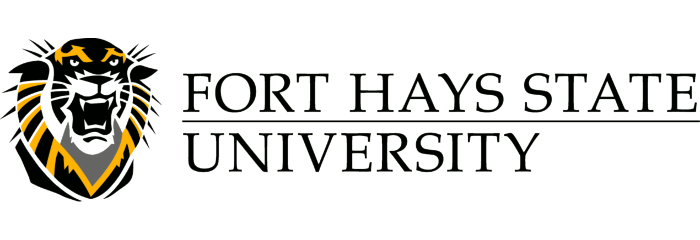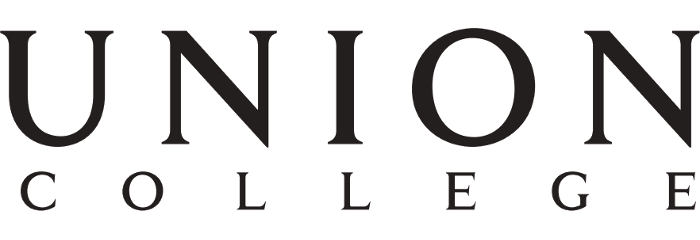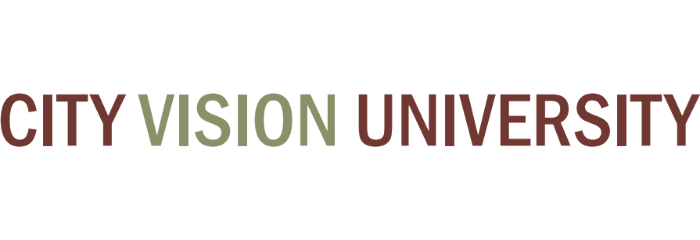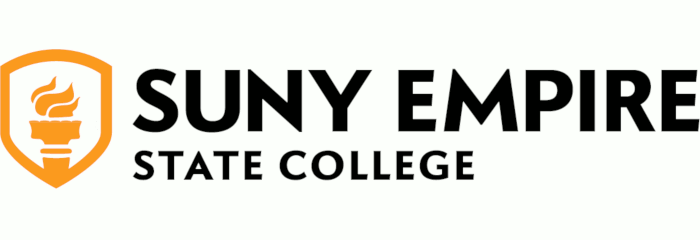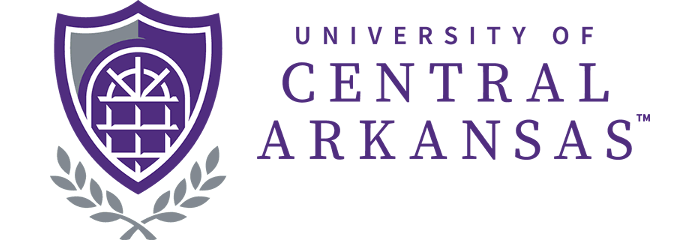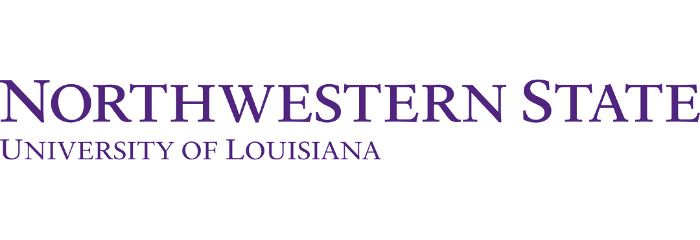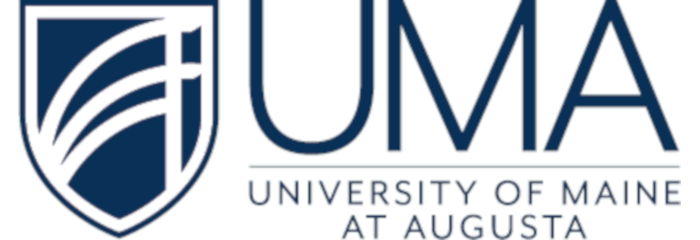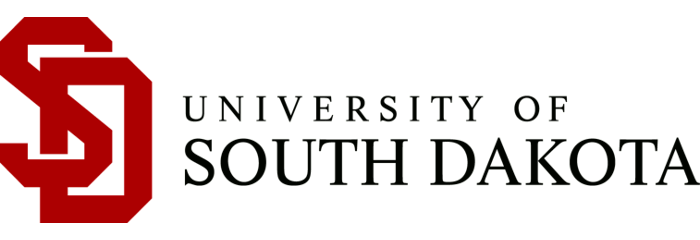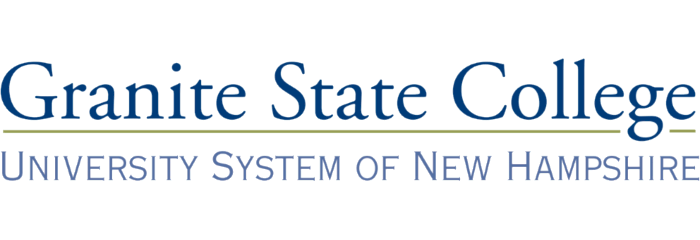2023 Most Affordable Bachelor's in Substance Abuse Counseling Online

An online bachelor’s degree in substance abuse counseling sets the foundation for a career in addiction counseling or a related profession. These programs teach students who are interested in helping those struggling with addiction receive the care and support they need to recover. Prospective students can expect to take courses covering human behavior, psychology, case management, and addiction counseling. In addition, many programs may allow students to sit for addiction counseling licenses in their respective states before graduation. Other potential career opportunities with an online bachelor’s degree in substance abuse counseling include a substance abuse counselor, mental health counselor, case manager, support advocate, and certified peer specialist. After obtaining a bachelor's in this field, some graduates go on to earn a master's in substance abuse counseling.
View our methodology for more details about rankings or learn more about us.
ON THIS PAGE
Overview Funding Accreditation Courses Worth It?| Rank | School | Locations | Annual Tuition |
|---|---|---|---|
| Fort Hays State University | Hays (KS) | $6,806 | |
| Union College - KY | Barbourville (KY) | $7,425 | |
| City Vision University | Kansas City (MO) | $7,500 | |
| SUNY Empire State College | Saratoga Springs (NY) | $8,480 | |
| University of Central Arkansas | Conway (AR) | $8,550 | |
| Northwestern State University of Louisiana | Natchitoches (LA) | $9,600 | |
| Southern New Hampshire University Online | Manchester (NH) | $9,600 | |
| University of Maine at Augusta | Augusta (ME) | $9,862 | |
| University of South Dakota | Vermillion (SD) | $10,643 | |
| Granite State College | Concord (NH) | $10,950 |
Fort Hays State University Hays (KS) Fort Hays State University (FHSU), a public institution with a medium student population, offers an online Bachelor of Arts or a Bachelor of Science in Sociology Addictions Counseling. Each program requires 120 credit hours and aims to provide a pathway for students who want to become licensed addiction counselors in Kansas. In general, addictions counselors focus on crisis care services in diverse settings, ranging from hospitals and mental health centers to government institutions. Students studying in this program need to take some core sociology classes, including Social Inequality and Sociological Theory and Literature, as well as addiction-focused coursework, like Pharmacology & High Risk Issues as well as Ethics in Addictions Counseling. At FHSU, all coursework is delivered through the Blackboard learning platform. To be admitted to this program, students must have graduated high school with at least a 2.0 GPA. Students must also have attained a minimum score on the ACT or SAT. Required admission materials include a completed application, all previous transcripts, and SAT or ACT scores.
|
Union College - KY Barbourville (KY) The Bachelor of Science in Substance Abuse Counseling degree from Union College (Union) — a medium-sized, private nonprofit institution — consists of 120 credit hours. The program requires 24 hours of core courses, eight hours of electives, and nine hours of supporting electives. In addition, a substance abuse internship is included in the core curriculum to give students real-world experience. Online coursework is delivered through Nexus (Moodle) in an asynchronous format. Union offers distance learners 24/7 technical support, academic advising, and career services. Students must submit an application for the program, provide copies of official transcripts, and show proof of high school graduation or GED.
|
City Vision University Kansas City (MO) City Vision University (CVU) is a small, private nonprofit institution offering an online "Christian" Bachelor's in Addiction Counseling. Requiring 120 credit hours, the program provides eight-week courses that prepare students for a career as certified addiction counselors as well as other related professions. Sample coursework includes Spirituality & Addiction, Case Management, and Counseling Alcoholics. At CVU, students complete online coursework on the learning management systems, Populi and Canvas. In addition, online students have access to academic counseling and an online library. Admission requirements include a high school diploma or GED and official transcripts.
|
SUNY Empire State College Saratoga Springs (NY) At SUNY Empire State College (ESC), which is a medium-sized public institution, prospective students can pursue an online Bachelor of Science in Addiction Studies totaling 124 credit hours. This program is designed for students interested in helping those who are dealing with addiction challenges. Prospective coursework in the program includes Biology of Addiction, Education and Prevention Skills, and Counseling Theories and Practice. ESC’s online students use Brightspace to complete coursework asynchronously, meaning they can work at their own pace. Online student support includes tutoring, tech help, a writing center, and career services. For admission, the program requires an application, proof of high school completion, official transcripts, orientation fee, and proof of immunization.
|
University of Central Arkansas Conway (AR) The University of Central Arkansas (UCA) is a medium-sized public institution that offers an online Bachelor of Science in Addiction Studies totaling 120 credit hours. This program has two tracks: (1) Prevention and (2) Treatment. Each pathway is designed to serve as a completion degree for students who have obtained an associate degree. The program’s core courses are Mental Health, Drug Education, and Multicultural Counseling. Students at UCA Online use the learning management system, Blackboard, to complete coursework asynchronously or synchronously. In addition, online students can access academic advising, career services, and counseling. The program’s admission requirements include official transcripts, an application, and an accompanying fee.
|
Northwestern State University of Louisiana Natchitoches (LA) The Northwestern State University of Louisiana — a medium-sized public institution — began Louisiana’s first electronic campus, which is called the eNSU global campus. It offers three online programs for substance abuse counseling: (1) Bachelor of Science in Addiction Studies, (2) Bachelor of Science in Psychology - Prevention Specialist, and (3) Bachelor of Science in Psychology - Substance Abuse. All three programs, which require 120 credit hours to complete, provide students with a deeper understanding of addiction counseling. Graduates often work in human resources, health care, or communications. Online students at eNSU complete Canvas coursework in a hybrid learning (asynchronous and synchronous) format. In addition, online students can access academic advising, career services, and a writing center. The programs have the same admission requirements: ACT or SAT scores, official transcripts, and immunization records.
|
Southern New Hampshire University Online Learn more about how we make money."> Manchester (NH) Prospective students interested in an addiction counseling career can pursue either an online Bachelor of Arts in Human Services - Substance Abuse or a Bachelor of Arts in Psychology - Addictions from Southern New Hampshire University (SNHU), a large private, nonprofit institution. The programs are 120 credit hours each and provide experiential learning opportunities that help establish the foundation for a career in addiction counseling. Prospective job outlooks for these programs include mental health counselors, community outreach specialists, and support advocates, to name a few. At SNHU, students can complete coursework asynchronously on Brightspace. In addition, online students can access academic advising, career services, and an online library. Admission requirements include an application and official transcripts.
|
University of Maine at Augusta Augusta (ME) The University of Maine at Augusta (UMA) is a medium-sized public institution offering an online Bachelor of Science in Mental Health and Human Services - Addiction Counseling, which totals 121 credit hours. The program includes an intensive writing course, 30 credit hours of residency courses, and nine credit hours of upper-level courses. Sample coursework includes Introduction to Human Services, Case Management, and Community Mental Health. UMA’s online students complete coursework synchronously on Brightspace. In addition, online students can access advising, career services, and counseling. The program’s admission requirements include official transcripts and an online application.
|
University of South Dakota Vermillion (SD) At the University of South Dakota (USD), a medium-sized and public institution, prospective students can pursue an online Bachelor of Science in Addiction Counseling and Prevention. The program requires 120 credit hours and offers two specializations: (1) Treatment or (2) Prevention. Graduates of this program are eligible to sit for the credentialing of the South Dakota Board of Addiction and Prevention Professionals (SDBAPP). At USD, online students can access their coursework in an asynchronous and synchronous format on the platform, Desire2Learn (D2L). In addition, USD’s online student resources range from academic support and mental health services to disability support. Admission requirements include an application and fee, official transcripts, and ACT or SAT scores.
|
Granite State College Concord (NH) Granite State College (GSC) is a small, public institution offering two online degree programs in addiction studies: (1) a Bachelor of Science in Human Services - Addictions Studies and a (2) Bachelor of Science in Psychology - Addictions Studies. Each requires that students complete 120 credit hours. The first program helps students understand the issues surrounding people who struggle with addiction, while the latter explores human behavior in order to better provide addiction counseling. Sample coursework includes Core Principles of Addiction, Foundations of Addiction Counseling, and Understanding the Disease Model of Addictions. GSC’s online students complete coursework asynchronously and synchronously on Canvas. In addition, online students can access tutoring, career planning, and disability support. Each program’s admission requirements include a high school diploma or GED.
|
Overview of an Affordable Online Bachelor’s Degree in Substance Use Counseling
Substance use counselors work one-on-one and in groups to help clients understand and address their chemical dependencies. As of 2020, addiction counselors earn a median annual income of $47,660, according to the Bureau of Labor Statistics. While a bachelor’s degree can land applicants an entry-level job, a master's degree, a significant number of clinical hours, and licensure are required in some states and for working at a private practice.
To gain skills in this field, students need to receive training in addiction counseling, which covers subjects such as psychology, addiction theory, human services, human development, and interventions for clients in recovery. While bachelor's degrees in addiction counseling are available both online and in-person, many schools prefer to offer a specialization in substance abuse counseling through psychology or mental health degrees instead.
Pursuing an addiction counseling degree online is a legitimate option with many available programs. Although the majority are designed to be completed in four years or less by full-time students, part-time students may choose to finish the degree more slowly, taking up to six years in some cases. Overall, earning a bachelor’s degree requires students to complete 120-126 credit hours.
Many online programs require students to complete a specific number of practical experience hours in substance use counseling. Depending on the program, students can achieve this through an internship or by taking a practicum at an approved clinic. Before students enroll they should determine whether their chosen online program arranges experience hours in their state of residence. If not, students can contact their state's certification board or licensure agency to determine how to meet this requirement.
Proper Terminology Within This Field
Language is constantly evolving, and terms specific to this field of study are no exception. To reflect growing trends, a combination of familiar and newer terms are utilized throughout this page. The word "abuse" has been steadily shifting toward alternatives — from "use" to "misuse" — that are less accusatory and judgment-laden. Although some institutions continue offering degree programs in substance abuse counseling, others are offering programs in substance use counseling. Meanwhile, practitioners that specialize in addiction are overwhelmingly advocating for terminology updates that help lessen the stigma around mental health issues, including those associated with chemical dependencies.
Practitioners that specialize in addiction are overwhelmingly advocating for terminology updates that help lessen the stigma around mental health issues.
Funding an Online Substance Abuse Counseling Program
Financial aid comes in many forms for students planning to earn an online bachelor's degree in substance abuse counseling.
| As long as students attend an accredited online program, they should be eligible for the same types of aid as on-campus students. |
The financial aid process typically begins when a student submits a Free Application for Student Financial Aid (FAFSA) form. The information provided determines what types of aid and the amount that each student may receive. Then, the schools notify students regarding how much financial aid they are willing to offer.
Although students must repay their loans with interest, federal student loans typically offer more favorable terms than private loans. Overall, students prefer scholarships and grants because they don't have to repay them at all. To further reduce costs, they may also consider applying for financial assistance programs if they have special circumstances. For example, veterans and active-duty military personnel are often eligible for tuition discounts. Similarly, some schools have set up partnerships with various organizations, so if students are employees or members, they may be eligible for tuition assistance.
Due to a growing need for substance use and addiction counselors, several non-profits provide additional scholarships and grants.
Due to a growing need for substance use and addiction counselors, several non-profits provide additional scholarships and grants for individuals preparing to enter this profession: the Substance Abuse and Mental Health Services Association, the National Institutes of Health, and the Pride Foundation.
Below are some scholarships for undergraduates studying substance use and misuse:
The National Association for Alcoholism and Drug Abuse Counselors (NAADAC) awards one undergraduate $1,000 every year. Applicants must be current NAADAC members and have a GPA between 2.7-3.0 or higher. They must also have at least one full year of coursework remaining in addiction studies or an addiction-related field.
The Franklin D. Boyce Scholarship
This $2,500 scholarship is available to students located in designated cities in Virginia who demonstrate financial need.
For additional information, students can check out our resources about paying for a college degree, which include details about the popular college savings plans, the student debt crisis, and more.
Accreditation
Students should ensure that their chosen online school and/or program are accredited. An accredited school has been evaluated by national or regional authorities to meet the nationally accepted standard of education. Specifically, this means that a school has the appropriate faculty, resources, and other facilities to implement quality academic programs.
| This stamp of approval signals a degree’s credibility to potential employers. Furthermore, accreditation is often a requirement to receive financial aid and transfer credits. |
Students should check if their school’s accreditation is recognized by the U.S. Department of Education or the Council of Higher Education Accreditation. Additionally, some third parties specialize in evaluating specific academic programs rather than entire institutions. The National Addiction Studies Accreditation Commission accredits bachelor’s degrees in substance use counseling — including online programs.
Common Substance Use Counseling Courses
An online bachelor's degree in substance abuse counseling provides students with an in-depth understanding of the negative impacts that substance use and misuse has on individuals, their loved ones, and society. By studying the coursework, students learn about the psychology behind addiction and how drugs and alcohol affect the body. They also gain hands-on experience treating and supporting people with substance use disorder and co-occurring mental health issues during and after recovery.
- Addiction and the Family: Students learn how to provide substance use and misuse counseling for families, couples, and other close relationships. The courses often cover family counseling theories and the role of family during recovery, treatment, and prevention.
- Ethics in Addictions Counseling: This class explores the ethical and legal issues counselors may encounter during their clients’ substance use treatment. Class topics may include ethical decision-making, confidentiality, informed consent, and diversity issues.
- Group Counseling for Substance Abuse: Group therapy is often a technique practitioners use in substance use treatment, especially inpatient treatment. This course establishes the process and theoretical framework behind group therapy, covering addiction, facilitation skills, and effective methods for group counseling.
- Psychology of Addiction: This class gives an overview of substance use and misuse disorder’s clinical diagnosis and treatment. Students also learn about how addiction occurs in the brain and the psychological factors that impact it.
- Psychopharmacology and Addiction: In this course, faculty discuss different drug classifications and how each type affects the brain. Courses cover psychoactive properties, neurochemical effects, and withdrawal symptoms for various classes of drugs and alcohol. Students also learn about prescription medications for treating substance use disorder and co-occurring psychological disorders.
Is an Online Degree in Substance Abuse Counseling Worth It?
Since everyone's circumstances differ, nobody can answer this question without considering their familial responsibilities, career goals, and financial situation. But if you're passionate about helping people overcome addiction, then a bachelor's degree in this field might be worth the investment of time and money.
Potential Benefits
- The addiction studies field is expected to grow at a rapid rate of 23% through 2030.
- To obtain licensure, some states require a specific degree. So, rather than merely relying on a specialization, earning a bachelor's degree in substance abuse counseling may be an important step to getting licensed. This degree also demonstrates a student's strong dedication to the field. If a student plans to obtain a master's degree next, having such a specific focus could make their application more attractive to schools, especially at this higher level of schooling when a thesis is often required.
- Many programs require internships that offer practical experience in the field, which students can draw on in their applications as they enter the job market after graduation.
- Graduates with bachelor’s degrees are eligible for various jobs in their field of study, such as a psychologist's aide or state agency caseworker. They may choose to work in these roles until they earn their master's degree and counseling license.
Potential Drawbacks
- A bachelor's degree may not be sufficient to specialize in a particular area of substance abuse counseling, and may therefore limit earning potential in this field. Additionally, employment in the private sector requires licensure, so a bachelor's degree alone may limit job prospects.
- Many counseling jobs require schedules that fall outside of traditional business hours. Not only are counselors often expected to work evenings and weekends, but they also experience heavy caseloads early in their careers. It may be challenging for some to find a suitable work-life balance.
- Perhaps exacerbated by excessive patient dropout rates, professionals in this field may face high levels of professional burnout due to job-related stress. Some counselors report leaving the field due to the cumulative toll of helping people in emotional and physical distress, while others grow frustrated with the complexities of bureaucracy and insurance.
Earning a bachelor's in substance abuse counseling through an online program has advantages as well as drawbacks that students should consider. The online learning option allows students to complete work on a flexible schedule and study from any location without having to uproot their lives in order to move closer to a school. However, students may miss out on some informal networking opportunities that could benefit their careers. Importantly, colleges don't always provide an adequate level of support to online students, and some distance learners have found it difficult to complete their degree, especially compared to their on-campus counterparts.
Related Articles
2023 Most Affordable Online Master's in Substance Abuse Counseling Degrees
Review most affordable colleges for online master's degrees in substance abuse counseling for 2023 and learn what to look for in an online program.
By OnlineU Staff Writers | 1/10/2023
